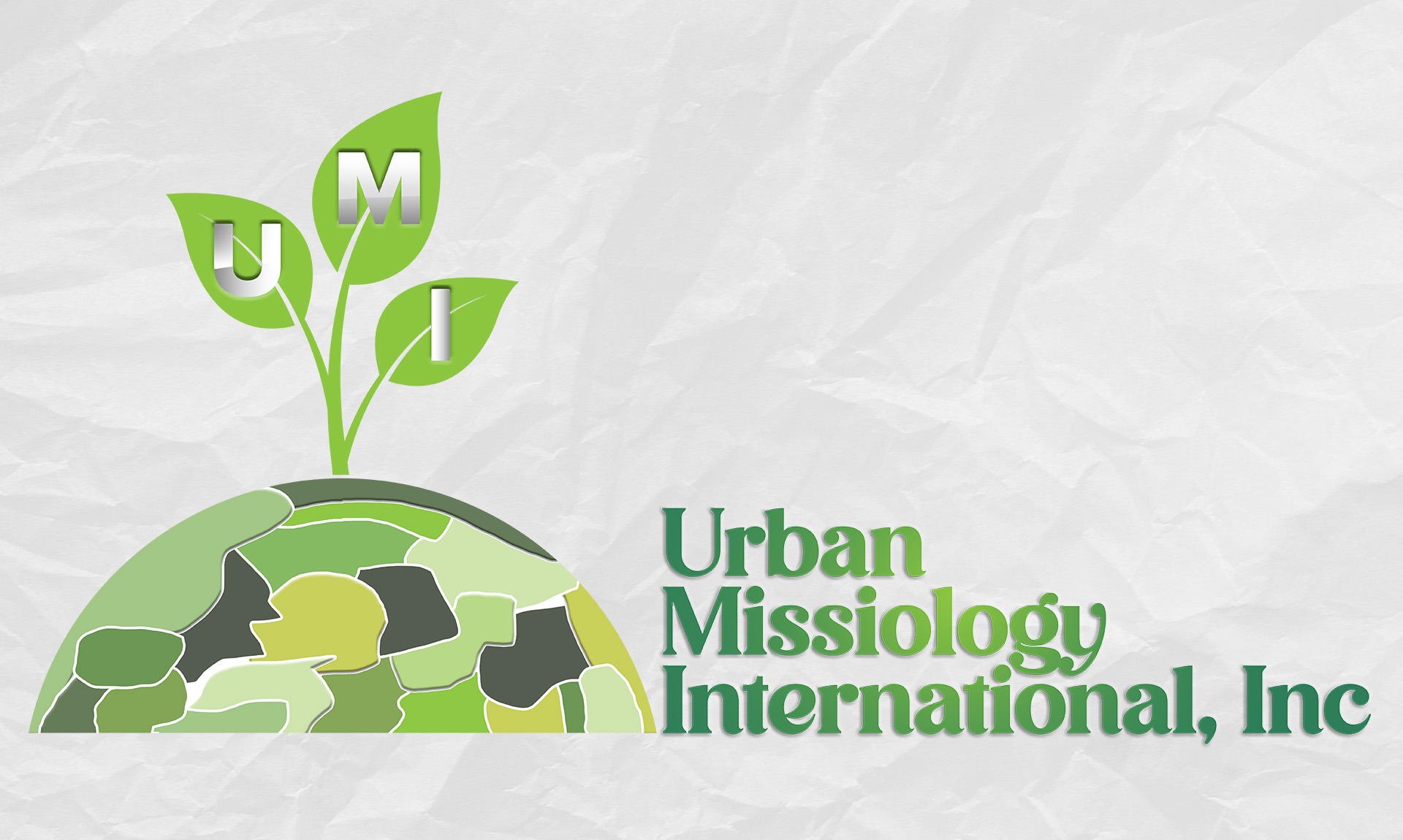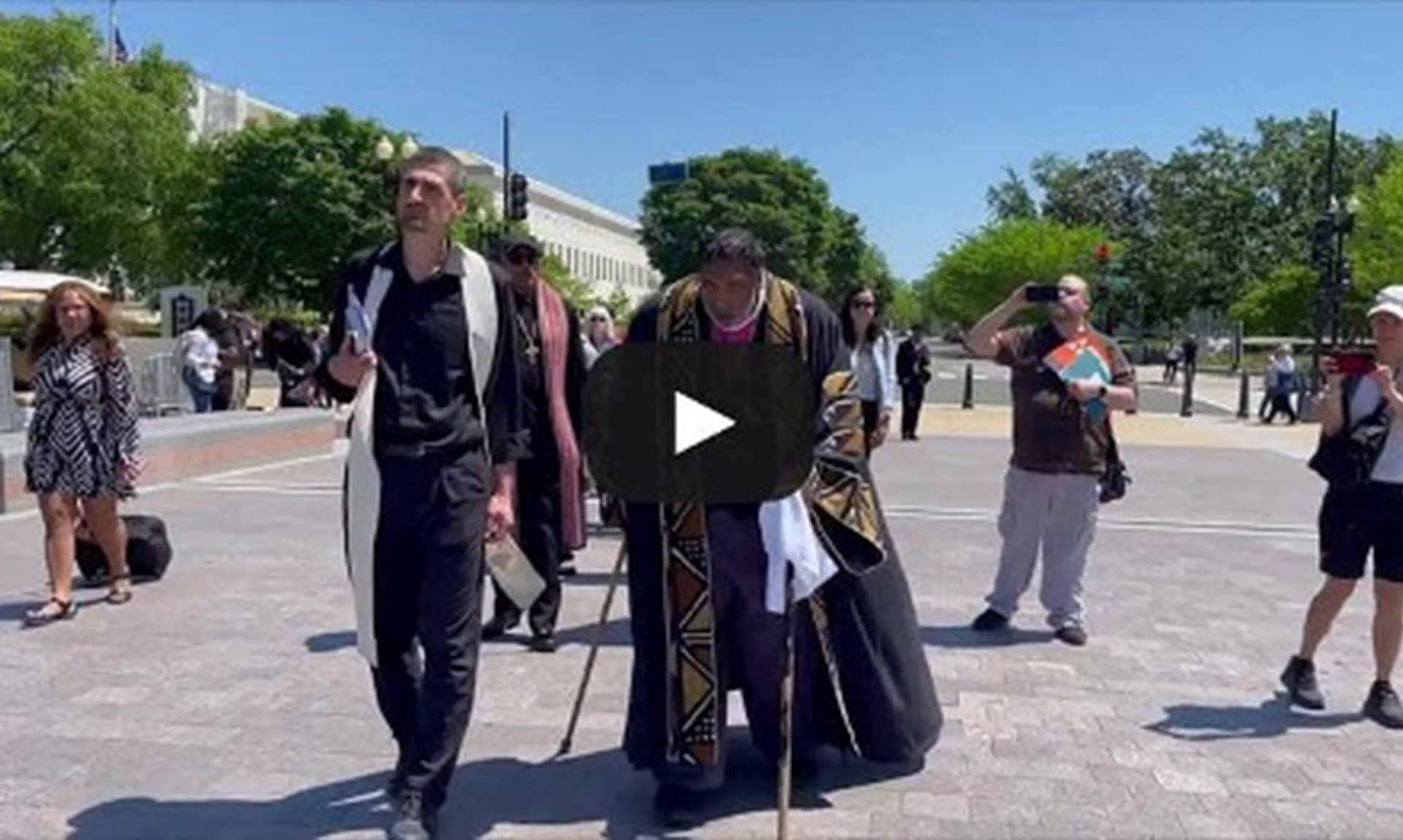The Emperor Has No Clothes
By Rev. Cameron Trimble
July 18, 2025
“Not everything that is faced can be changed. But nothing can be changed until it is faced.” — James Baldwin
There’s a story many of us know—the tale of an emperor so vain he’s easily tricked by swindlers promising to make him a suit of clothes visible only to the wise and worthy. The emperor, unwilling to admit he sees nothing, parades through the streets in invisible garments. The crowd, too afraid to appear foolish, plays along—until a child, honest and unafraid, blurts out the obvious truth: “The emperor has no clothes!”
This week, we’re watching a version of that story unfold in real time.
For years, many in the MAGA movement believed that Donald Trump was a kind of mythic hero—strong enough to stand against the corrupt elite, savvy enough to outsmart the system, bold enough to say what others wouldn’t. They believed conspiracy theories not because they were plausible, but because they were emotionally satisfying. These stories made sense of a disordered world. They offered purpose. They fed outrage, which always feels better than despair.
But now the spell is breaking.
Trump’s refusal to release the Epstein files—a symbol long held up as proof of elite corruption—is shattering something essential to his base: the belief that he was on their side. When people begin to sense they’ve been lied to, not just once, but as a way of life, the ground beneath them ruptures. They are angry, not because of the crimes themselves—those were often rationalized—but because the illusion of loyalty is dissolving.
Like the emperor in the tale, Trump lashes out—not with humility, but with insult.¹ He calls his once-loyal followers names. He mocks their disappointment. He reveals, once again, that he sees people not as neighbors, but as tools.
We should not gloat in this moment. The point is not to mock those waking up to betrayal. The point is to name the cost of believing in illusions, especially the illusion that any one man can save us from the complexity of being human together.
Every cult of personality eventually collapses. Every false god reveals its cracks. The question is what we do in the aftermath.
The breaking of illusion is painful, but it is also sacred.
It is the beginning of truth.
It is the beginning of healing.
It is the moment when the crowd, once silenced by fear, begins to murmur the truth aloud: “We’ve been deceived. We deserve better.”
Part of growing up is learning to tell the truth—not just to others, but to ourselves. We are not saved by strongmen. We are not made whole by power. We are not healed by punishment.
We are saved by truth. By accountability. By the slow, communal work of becoming honest with ourselves and each other.
It takes courage to say what the child said: “The emperor has no clothes.”
But it also takes love to say: “We’ve all been pretending. Let’s stop now. Let’s begin again.”
We are in this together,
Cameron
Reflection Questions
• Can you recall a time when you realized someone or something you trusted was not what it seemed? What helped you move forward in that moment?
• Where do you notice illusions at play in your own life—in politics, community, or even your sense of self?
• What does it mean to you to speak the truth with both honesty and love?
A Prayer for the Day
A Prayer for the Moment of Unmasking
God of truth,
You are not fooled by pageantry or pride.
You see through every illusion,
and yet you never turn away in scorn.
You meet us in our disillusionment,
not to shame us,
but to guide us into honesty, humility, and healing.
As the masks fall and false promises unravel,
give us the courage to face what is real.
Help us resist the pull of despair or contempt.
Show us how to live not in spectacle,
but in solidarity.
May we be brave enough to speak the truth,
and tender enough to walk with those who are just beginning to see.
Amen.
Spiritual Practice
The Practice of Compassionate Truth-Telling
This week, choose one area of your life where you sense a need for greater honesty.
It might be a relationship where something has gone unsaid. It might be an internal truth you’ve been avoiding. It might be a societal reality that feels overwhelming to name.
Take time to reflect on it—not to judge or fix it, but simply to see it clearly. Then, if it feels right, find a gentle way to speak or act from that truth. Let your truth-telling be rooted not in superiority, but in the desire to live in alignment—with your values, your community, and the sacred thread of justice that weaves us together.
Let your words be clear. Let your heart stay open.
Source: Piloting Faith, July 18, 2025
news via inbox
Don’t miss a moment—subscribe now and be the first to know when new stories drop.











